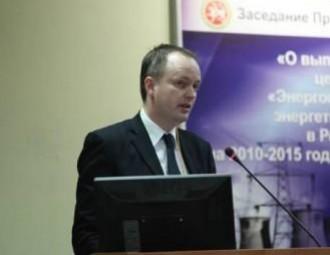Swedish chargé d'affaires ad interim arrives in Minsk

Martin Öberg will probably receive an official status in September.
The diplomat has arrived in Minsk with his wife and two children, Euroradio reports. He used to work in the Swedish embassy to Moscow and headed the economic department there. Martin Öberg has not been accredited by the Belarusan Ministry of Foreign Affairs yet. He is expected to get down to work in September. The Swedish diplomatic office in Belarus has not commented on his arrival.
Swedish Minister of Foreign Affairs Carl Bildt informed about the resumption of the work of the Swedish diplomatic mission in Belarus on Twitter in April, stating that the mission “will send a chargé d'affaires ad interim to Minsk again soon. It will be good for everyone”.
Let us recall that the Belarusan authorities informed Sweden about the end of Stefan Ericsson’s accreditation in 2012. The diplomat was accused of destructive activities. The Swedish authorities refused to accept the new Belarusan Ambassador in response to it. Two representatives of the Embassy were asked to leave Stockholm. The Belarusan Ministry of Foreign Affairs recalled all representatives of the Belarusan Embassy to Stockholm on August 8, 2012. Sweden was recommended to recall its diplomats from Minsk.
-
03.01
-
07.10
-
22.09
-
17.08
-
12.08
-
30.09








































